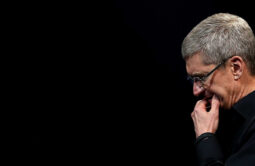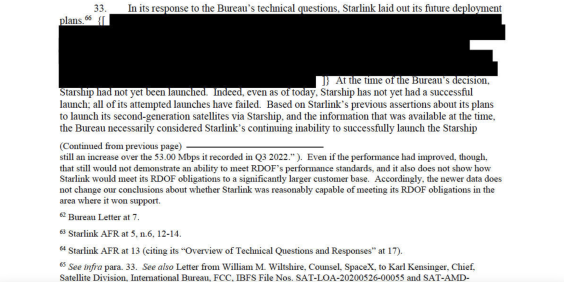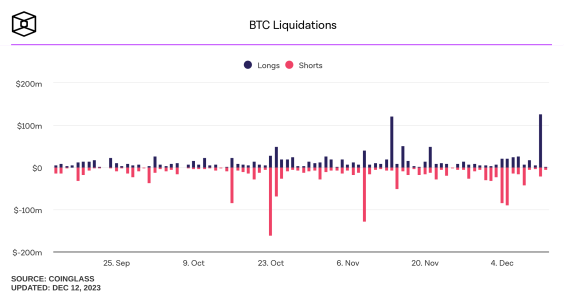This is not investment advice. The author has no position in any of the stocks mentioned. Wccftech.com has a disclosure and ethics policy.
Back in 2018 after it launched the iPhone XS and iPhone XS Max, Cupertino tech giant Apple Inc (NASDAQ:AAPL) made controversial revenue guidance for its first quarter of the fiscal year 2019 when it reported earnings results for the full fiscal year 2018. At the time, Apple's Chief Executive Officer Mr. Tim Cook and Chief Financial Officer Mr. Luca Maestri reported that due to a strong iPhone lineup and popularity in China, Apple was on track to post historic revenue and net income for 1Q 2019 at the end of January. Revenues were guided at a range of $89 billion - $93 billion, with gross margin estimated at a 38% - 38.5% range.
Naturally, these ranges wouldn't bear fruit as within two months, Apple would go ahead and admit that it would end up missing the aforementioned range by up to $9 billion – with poor performance in China, a lengthening iPhone upgrade cycle and popularity of the company's iPhone battery upgrade program being cited as the reasons behind the miss.
To that end, Judge Yvonne Gonzalez Rogers of the United States District Court of Northern California commented on Tuesday that shareholders were within their right to sue Apple's top executive for claiming that the 2018 iPhone lineup was facing strong demand just days before he ordered a production cut for the smartphone.
The comments were made in regard to a lawsuit filed against Apple by Employees Retirement System of Rhode Island, and if you're wondering what the suit is about, you've come to the right place.

Apple C.E.O. Mr. Tim Cook.
Apple C.E.O. Tim Cook & C.F.O. Luca Maestri Either Disregarded Material Facts Or Failed To Disclose Them Allege Shareholders
The nature of the lawsuit is a class action on behalf of all of Apple's shareholders and in the filing, the claimants allege that Apple's chief Tim Cook and C.F.O Luca Maestri acted in violation of Sections 10(b) and 20(a) of the Securities Exchange Act of 1934. The pair did this by making statements that either ignored reality or were untrue during Apple's earnings call to investors following the company's earnings results for the fiscal year 2018.
It is alleged in the suit that Apple's top executives were dishonest or ignorant of five key facts at the time of the earnings call. These are:
More Apple customers were replacing their batteries as opposed to buying new devices, and therefore driving down the demand for the company's highest-end smartphones at the time.Management belief of record performance in the first fiscal quarter of 2019 reflected through optimistic guidance was based on incorrect facts, and therefore it failed to reflect on-ground reality.The drop in demand made Apple cut down production and pricing for the 2018 iPhone lineup.Apple's decision to stop reporting unit sales for the iPhone at the fiscal year 2018 earnings report was intended to hide dropping sales from investors.The trade war between America and China had hurt Apple's iPhone sales in the country.
Apple's iPhone unit shipments for 4Q 2018. (Image: Apple Investor)
Apple's problems with the iPhone weren't private knowledge at the time, and heading into the fiscal year 2018's earnings report, it was expected that the company would indeed stop reporting iPhone unit shipments. While the allegations highlighted above form an integral part of the lawsuit, they still do not cover or exhibit the damage that the claimants and other Apple shareholders incurred due to the dishonesty and/or misguidance.
The damage, allege the plaintiffs, came from major drops in Apple's share price as C.E.O. Tim Cook revised the company's Q1 2019 guidance in January 2019. After Mr. Cook's letter to Apple shareholders that revised revenue estimates, Apple's share price fell by more than $15/share on the next day, when the shares closed on $142/share.
Subsequently, the suit alleges that through their actions, both Mr. Cook and Mr. Maestri violated Section 10(b) of the Exchange Act by defrauding investors, falsifying or omitting material facts in their statements and created schemes to defraud investors.
Given the nature of such matters, it's unlikely that this lawsuit, filed in 2019, will be resolved anytime soon despite Judge Rogers' approval. The suit also goes ahead and argues that were the plaintiffs aware that Apple's share price was artificially inflated due to the statements made at the earnings release during the Class Period (November 2, 2018, and January 2, 2019) they would not have purchased the company's shares.
The Employees Retirement System of Rhode Island bought 512 Apple Inc shares on the 28th of November, 2018 for a price of $175.83/share, with this purchase and the subsequent drop in the value of Apple stock being at the heart of the lawsuit.
The lawsuit is In re Apple Inc Securities Litigation, U.S. District Court, Northern District of California, No. 19-02033 and it can be accessed here.













